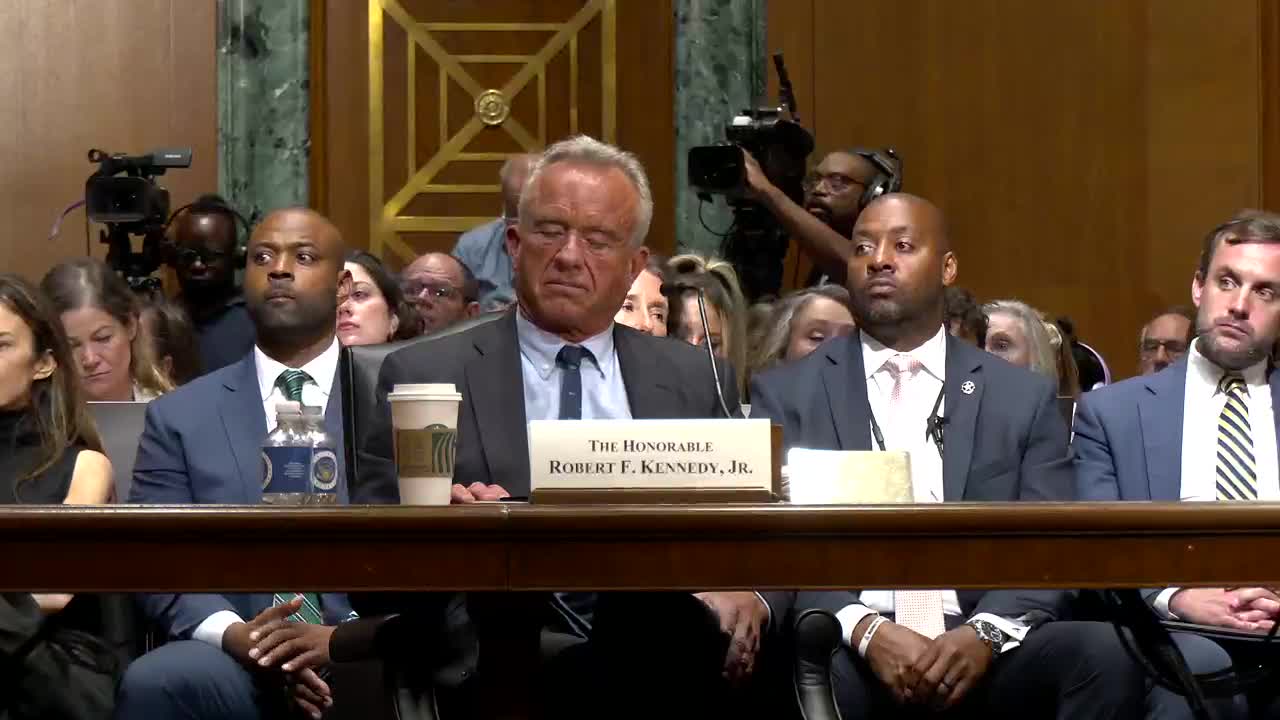Senator Discusses Long COVID Impact and Clinical Trial Challenges
September 04, 2025 | Finance: Senate Committee, Standing Committees - House & Senate, Congressional Hearings Compilation
This article was created by AI summarizing key points discussed. AI makes mistakes, so for full details and context, please refer to the video of the full meeting. Please report any errors so we can fix them. Report an error »

In a recent meeting of the US Senate Committee on Finance, discussions centered on the pressing issue of long COVID, a condition affecting over 20 million Americans. The meeting highlighted the significant economic and health implications of this condition, which is estimated to cost the global economy around $1 trillion annually, equating to roughly 1% of global GDP.
Senators expressed concern over the impact of long COVID on workforce participation and overall economic productivity. The urgency of addressing this public health challenge was underscored by the acknowledgment that many individuals remain undiagnosed, further complicating efforts to provide adequate care and support.
One of the key points raised was the need for increased clinical trials to develop effective therapeutics for long COVID. Senators sought updates on ongoing clinical trials and plans to expand research efforts. However, a representative from the National Institutes of Health (NIH) noted that a previous long COVID project had not yielded successful results, raising questions about the effectiveness of current research strategies.
The discussions reflect a growing recognition of long COVID as a critical health issue that requires immediate attention and resources. As the committee continues to explore solutions, the focus will likely remain on enhancing research capabilities and finding effective treatments to support those affected by this debilitating condition. The outcome of these efforts could have significant implications for public health and economic recovery in the coming years.
Senators expressed concern over the impact of long COVID on workforce participation and overall economic productivity. The urgency of addressing this public health challenge was underscored by the acknowledgment that many individuals remain undiagnosed, further complicating efforts to provide adequate care and support.
One of the key points raised was the need for increased clinical trials to develop effective therapeutics for long COVID. Senators sought updates on ongoing clinical trials and plans to expand research efforts. However, a representative from the National Institutes of Health (NIH) noted that a previous long COVID project had not yielded successful results, raising questions about the effectiveness of current research strategies.
The discussions reflect a growing recognition of long COVID as a critical health issue that requires immediate attention and resources. As the committee continues to explore solutions, the focus will likely remain on enhancing research capabilities and finding effective treatments to support those affected by this debilitating condition. The outcome of these efforts could have significant implications for public health and economic recovery in the coming years.
View full meeting
This article is based on a recent meeting—watch the full video and explore the complete transcript for deeper insights into the discussion.
View full meeting